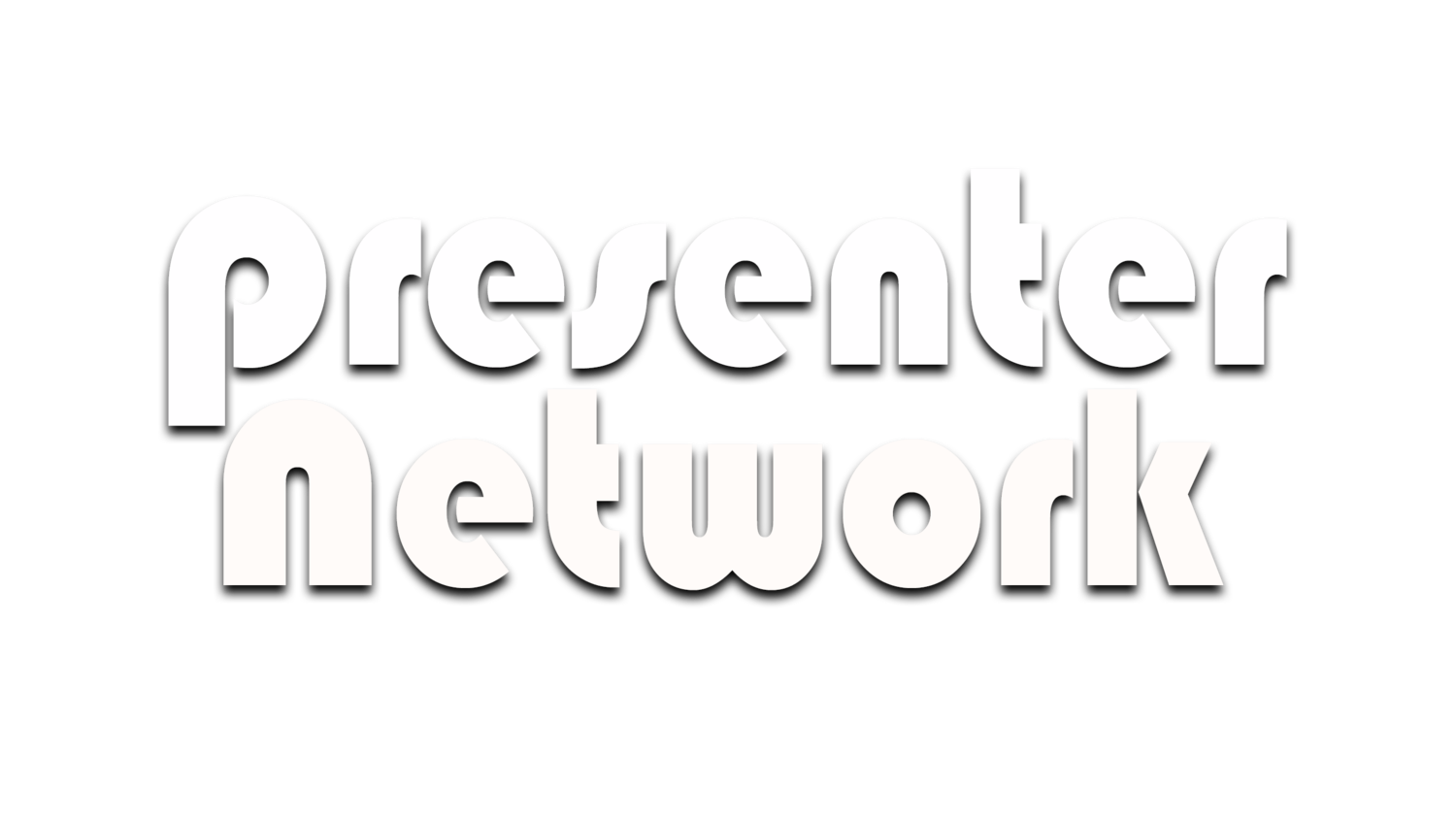Identify your audience (viewers)
First you have to know who your audience are and what they expect from you as a presenter. Television stations and production companies spend of pounds trying to identify the audience demographic who tune into there shows and still they get it wrong from time to time. As a presenter you should only focus on one or two people who may be watching your show, any more and you may either get the jitters or you will lose focus about who you are directing your show to.
As a presenter you will need to adapt your presentation to suit various types of people of all ages and backgrounds. It is important to identify who your audience are in Participation TV as this enables you to build up trust with them. The more the audience trust you the more likely they will be to get involved with the show and either pick that phone up or order the product you may be selling.
Having knowledge of your audience allows the presenter to understand the social situation in which he or she performs. It allows the presenter to come up with a strategy to adapt performances to best suit an audience. Conducting audience analysis informs a presenter about the people he or she is talking to. This is important because based on what is found out in the audience analysis a presenter can adjust his/her work to relate to an audience in the best way possible. It allows a presenter to be able to succeed in their goal of engaging the audience. If a presenter wants to persuade, inform, motivate, excite, scare, warn or cheer up an audience, then analyzing those people to which he/she is talking to can allow them to pick the best words, stories, tone, style and delivery to use when performing to that specific group of people.
Analysis- Who is the audience?
Understanding- What is the audience's knowledge of the subject?
Demographics- What is their age, gender, education background etc.?
Interest- Why are they watching the show?
Environment- Where will this programme be viewed?
Needs- What are the audience's needs associated with your programme?
Customisation- What specific needs/interests should you the presenter address relating to the specific audience?
Expectations- What does the audience expect to learn from your show? The audience should walk away having their initial questions answered and explained.

